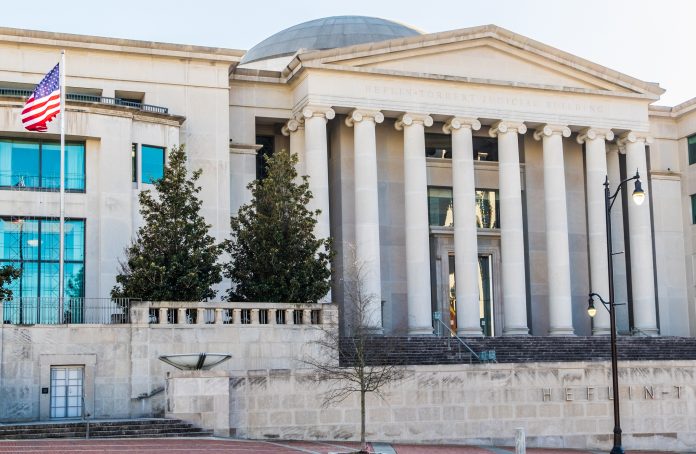A recent ruling by the Alabama Supreme Court has sparked a heated debate over the legal status of frozen embryos
Many fertility clinics in the state are struggling with uncertainty and prompting concerns among patients seeking reproductive assistance.
The court decision and why it took place
The court’s decision, which considered frozen embryos as “children” under the state’s law, has raised questions about the implications for in-vitro fertilisation (IVF) procedures and the potential legal consequences for clinics and individuals involved.
The case that led to this ruling stemmed from an incident at a fertility clinic in 2020, where several embryos were accidentally destroyed.
Because of this, three couples filed a wrongful death lawsuit, arguing that the embryos should be considered persons under the state’s Wrongful Death of a Minor Act.
While a lower court initially dismissed the lawsuit, the Alabama Supreme Court overturned this decision, arguing that the embryos were entitled to legal protection as “unborn children.”
The response to the ruling
In response to the ruling, the largest hospital in Alabama has suspended its IVF services out of concerns that proceeding with fertilisation and embryo implantation could lead to criminal prosecution or punitive damages.
Other fertility clinics in the state have also halted certain aspects of IVF procedures as they evaluate the legal ramifications of the court’s decision. Patients who were preparing to undergo IVF treatments now find themselves facing uncertainty and delays regarding starting a family through assisted reproductive technologies.
Medical experts and advocacy groups have warned that the ruling could have far-reaching consequences beyond Alabama, potentially impacting fertility treatments nationwide.
The future of IVF
The vagueness surrounding the legal status of frozen embryos has raised concerns about the future of IVF and the rights of individuals aiming to build their families through assisted reproduction.
The decision has also sparked debates over reproductive rights, with conservative groups welcoming the court’s decision while others express apprehension about its potential implications.
Despite the ruling not explicitly banning IVF, its interpretation has created confusion and raised questions about the legality of certain aspects of the procedure.
The uncertainty surrounding the use and storage of embryos has left both clinics and patients uncertain about their rights and obligations under the law. The ruling’s impact extends beyond Alabama, as other states may consider similar legal challenges or legislative measures regarding the status of frozen embryos and the regulation of fertility treatments.
Editor's Recommended Articles
-
Must Read >> What is the science behind IVF failure?
-
Must Read >> IVF baby birthweight has increased by 200g














